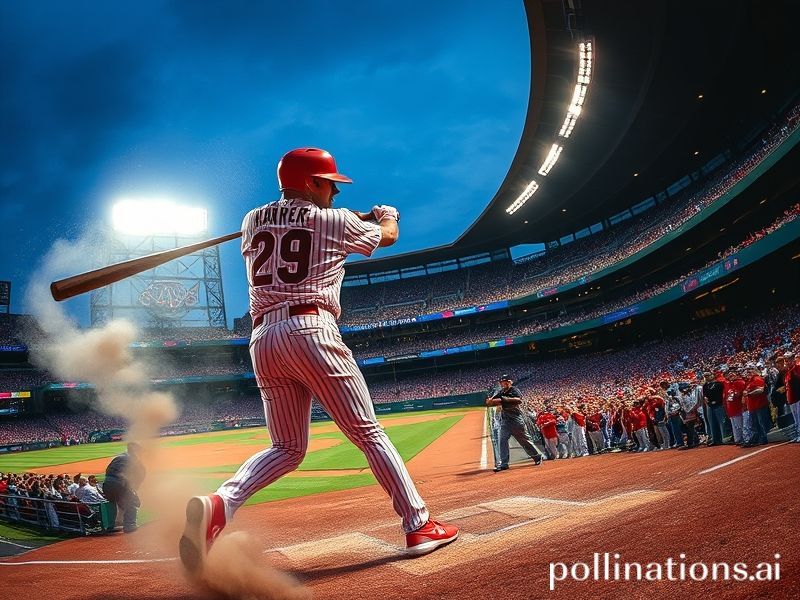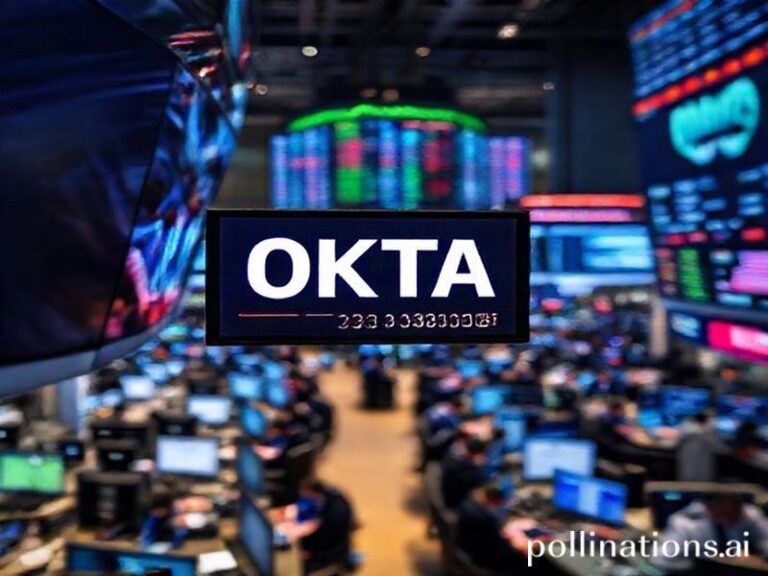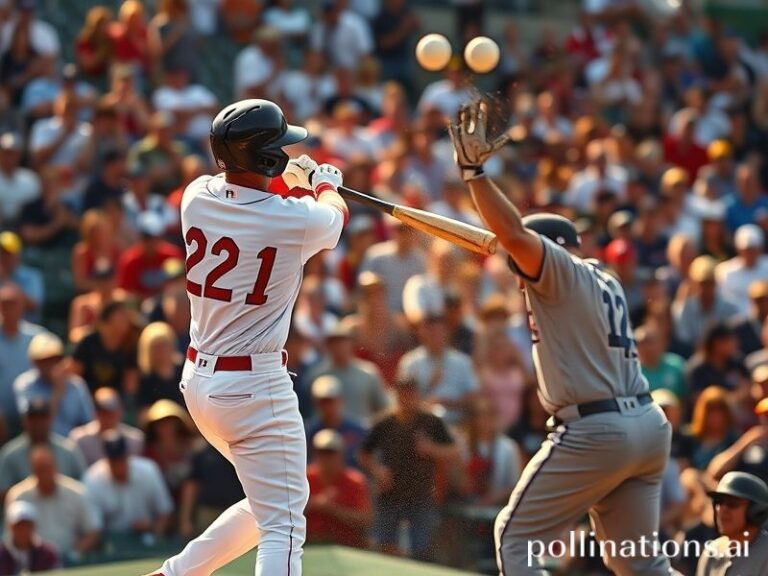Phillies in the World Series: How One Mediocre Baseball Team Became a Global Economic Omen
Phillies Fever, or How a Mediocre Baseball Team Became a Geopolitical Barometer
By Marisol Vargas, Senior Correspondent in Exile
Philadelphia—A city whose founding myth involves Benjamin Franklin electrocuting himself for sport—has once again turned its annual nervous breakdown into global spectacle. The Phillies, a baseball franchise whose last championship predates TikTok, Brexit, and most of the planet’s supply-chain anxiety, have improbably reached the World Series. While the locals treat this as evidence of divine favor (or at least a temporary cease-fire in their ongoing blood-feud with Santa Claus), the rest of the world is taking notes for darker reasons.
First, the macro view. The Phillies’ ascent coincides with the dollar at twenty-year highs, European gas lines resembling 1970s disco queues, and China’s property sector discovering that concrete can, in fact, be a metaphor. Coincidence? Perhaps. But consider: every time the Phillies threaten relevance, a major currency collapses somewhere. In 2008—Phillies win the pennant—Lehman Brothers becomes a cautionary limerick. In 1993—another pennant—Black Wednesday devours the British pound like a cheesesteak at 2 a.m. Economists in Singapore now run regression models on Bryce Harper’s on-base percentage vs. emerging-market bond yields. The IMF calls it “sports-based volatility contagion”; everyone else calls it Tuesday.
Across the Atlantic, the Phillies have become an unlikely Rorschach test. In London, hedge-fund wunderkinds who think “Bullpen” is a new artisanal gin speak knowingly of “the Philadelphia Option,” a derivative that shorts continental stability whenever the team’s bullphone rings. In Berlin, the Phanatic—the team’s neon-green mascot that looks like the love child of a Muppet and a cholesterol crisis—has been adopted as an ironic icon by techno collectives who believe baseball is late-capitalist Kabuki. They host “Phanatic Raves” where DJs sample the crack of the bat over 180-BPM oompah loops; attendance is mandatory for anyone seeking EU cultural subsidies.
Asia watches with quieter dread. Japanese scouts, who once crossed the Pacific to study American work ethic, now come to study American despair. After every Phillies strikeout, cameras cut to a fan in a Gritty costume sobbing into a $17 beer—footage NHK rebroadcasts as a cautionary tale about excess emotion. Meanwhile, Chinese streaming platforms pirate the games, slap on AI-generated Mandarin commentary, and sell it as “Americana Horror Story.” The irony is not lost on anyone that a sport once exported as proof of U.S. soft power now functions as soft-core schadenfreude.
Back in the Delaware Valley—the only American watershed named after a forgotten Lord—the populace responds with characteristic nuance. The city’s homicide rate dips 7% during playoff runs, a phenomenon criminologists call “the Rhys Hoskins Peace Dividend.” Local news, starved for positivity since 1787, leads with weather balloons shaped like Mike Schmidt mustaches. Even the famously unimpressible Philadelphia Parking Authority has suspended ticketing within a nine-block radius of Citizens Bank Park, proving once again that municipal sadism bows to higher powers when TV trucks arrive.
Yet the cosmic punchline looms. Should the Phillies actually win the World Series, civic protocol requires a parade down Broad Street, a boulevard originally designed for British troops to suppress colonial unrest. The route will pass Independence Hall, where the Constitution was signed by men who would be appalled that “pursuit of happiness” now means grown men in face paint screaming at a slider. UNESCO has preemptively listed the event as “intangible cultural heritage pending regrettable behavior.”
In the end, the Phillies matter not because baseball is life, but because life has become baseball: bloated contracts, endless replays, and a nagging suspicion that the fix is in. The rest of the planet tunes in not for the pennant, but for the parable—a morality play about hope, failure, and the $14 crab fries that subsidize it all. Somewhere a Sri Lankan data analyst updates a spreadsheet titled “Phillies vs. Global Misery Index,” sighs, and pours another cup of rationed tea. The world keeps spinning, the curveball keeps breaking, and Philadelphia remains the only city that can lose for 162 games and still convince itself destiny wears pinstripes.
Play ball, Earth. The apocalypse can wait for the seventh-inning stretch.







